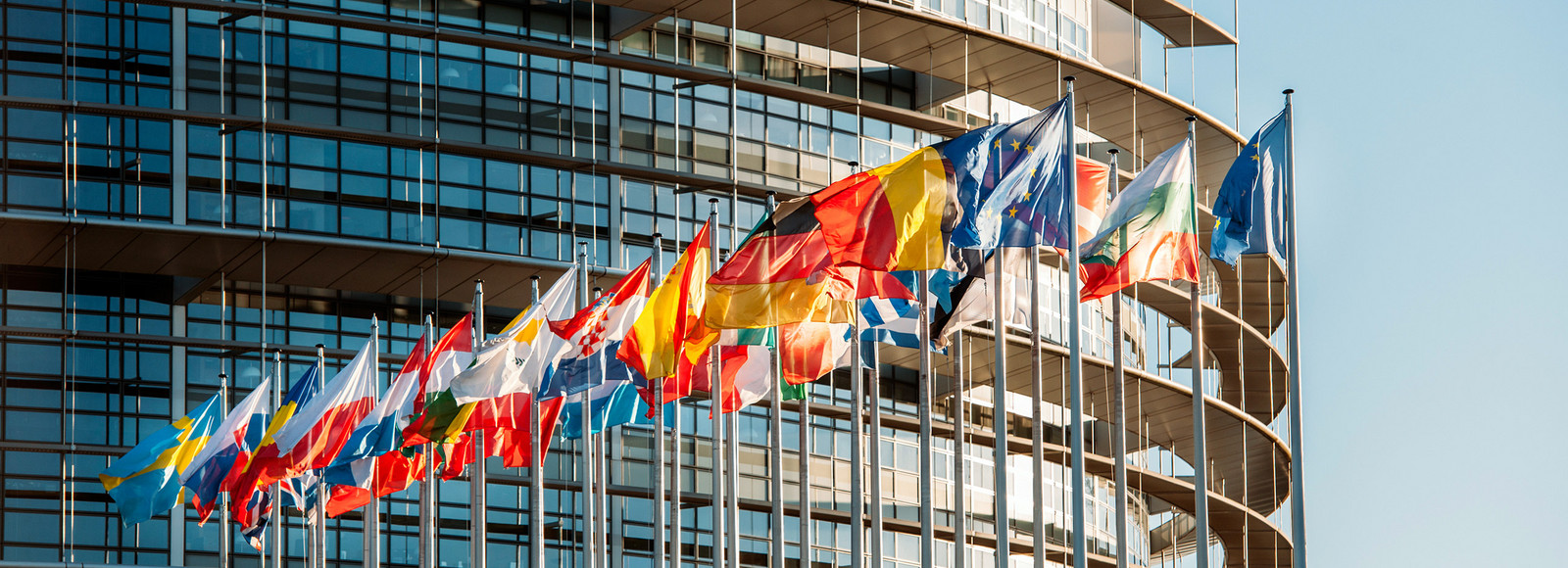No-deal Brexit
At the time of writing MPs have rejected an early election and parliament has been suspended until 14 October. A range of outcomes remains possible. The UK could still leave the EU without a deal. Two things would be required for this to happen: Boris Johnson refusing to abide by the law forcing him to seek a third Brexit extension, or the EU deciding not to extend the negotiating period beyond 31 October; and MPs not approving a Brexit deal before 31 October. So it remains important for businesses to understand how a no-deal Brexit will impact them. We have analysed the impact of no-deal on several key sectors.
Brexit under the current Withdrawal Agreement
On the other hand, the UK Parliament could finally ratify the current Withdrawal Agreement. The EU will not re-open it, nor consider an alternative withdrawal agreement, during the extension - that much is clear. Its ratification is, therefore, the clearest path to the UK leaving the EU. If it were ratified, how would it affect your business?
Here are the key elements you need to understand:
- The UK would stay in the EU's Customs Union and Single Market during a "transition" period. That means no changes to the way in which your business is regulated by the EU, and no customs border between the UK and EU. In other words, business as usual. Any changes to or new EU law will automatically apply to the UK during the transition period.
- The transition period is set to last until the end of 2020, but may be extended until December 2022 if both sides agree. A decision to extend must be made before July 2020. Note: the effect of the UK's delayed departure will be to foreshorten/eat into the transition period.
- Under the Northern Ireland Protocol ("the backstop") the UK and EU enter into a customs union at the end of the transition period. This is good for manufacturers. There will be no tariffs, quotas and checks on rules of origin between the EU and the UK, with the exception of fishery and aquaculture products. Goods entering the UK from a non-EU country will attract the same tariffs as now, under the EU external tariff. Dual regulatory approvals may still be required, however.
- Additionally, however, Northern Ireland will apply approximately 300 EU Single Market laws in goods and agricultural products. These extra measures are required to avoid a hard border with Ireland.
- The most striking omission in the agreement is the services sector. Market access for UK and EU services will be maintained during the transition period, but thereafter there will be no preferential access for UK services until a new trade deal comes into force.
- The permanent residency rights of EU citizens in the UK and UK citizens in the EU, and their families, would be preserved. After five continuous years of residence, they will gain permanent residence - what the UK Government has called "settled status". The same rights will be extended to EU nationals who move to the UK, and to UK nationals who move to an EU-27 State, before the end of the transition period.
How DLA Piper can help
To discuss how we can help your business, please get in touch with your usual DLA Piper contact; Paul Hardy, our dedicated Brexit Director in the UK; Valerijus Ostrovskis, from our EU Government Affairs practice in Brussels; or Richard Bonnar, chair of the DLA Piper Brexit Committee. The key to navigating Brexit successfully is informed analysis, accurate forecasting and practical contingency planning. We have the combination of political, policy and legal experience, as well as global coverage, to provide this level of service.
Sign up to our Boardroom Brexit client alerts to keep updated as negotiations develop.


